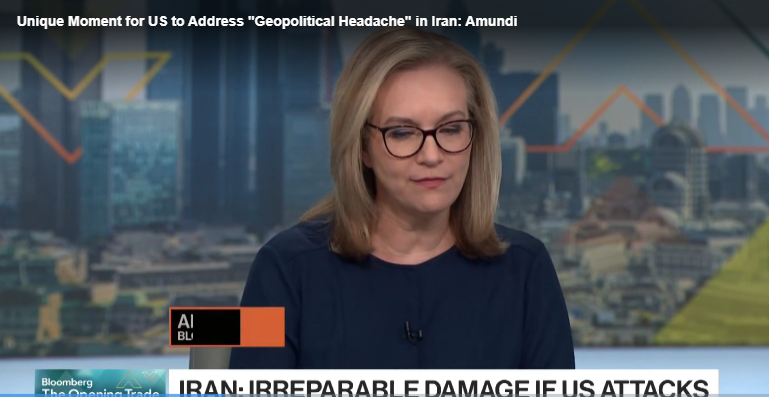
By: Sayan
Published on: Jun 19, 2025
Equity markets experienced a sharp decline as rising concerns about the US becoming more directly involved in the Israel-Iran conflict sparked geopolitical uncertainty. This added to inflationary fears, particularly due to rising crude oil prices, which put additional pressure on the global economy.
Europe’s Stoxx 600 Index:
The Stoxx 600 index in Europe dropped 0.4%, marking its third consecutive day of losses. The selling pressure spread across multiple global indices.
Asian Market Decline:
Asian shares faced a steeper decline, with stocks retreating more than 1% in a day of risk-off sentiment.
S&P 500 Futures:
Even though US stock and Treasury markets were closed for a holiday, S&P 500 futures also followed the downward trend.
Brent Crude Oil:
Brent crude rose above $77 a barrel, extending its gains for the week. This was the biggest impact seen from the geopolitical conflict in the Middle East, where oil prices remain volatile.
Dollar Performance:
The US dollar rose against a basket of currencies, reflecting the growing concerns over the potential conflict in the Middle East.
US Military Strike Speculation:
Bloomberg reported on June 19 that senior US officials are preparing for a possible strike on Iran in the coming days. This news intensified market caution, which was already heightened after the Federal Reserve revised its growth projections and warned of persistent inflation risks.
Investor Reactions:
Neil Wilson, an investor strategist at Saxo UK, cautioned, “If the US strikes, you’ll see a massive knee-jerk reaction,” reflecting a growing reluctance among investors to take large risks in the current environment.
President Trump’s Position:
President Donald Trump has frequently mused about ordering a strike on Iran, suggesting he prefers to make the final decision right before it’s necessary, given the fluidity of the situation.
Anna Rosenberg's Analysis:
Anna Rosenberg from Amundi Investment Institute shared her views: “For the US, this is a moment to resolve a major geopolitical headache – Iran’s potential nuclear weapons development. But acting comes with heavy consequences.”
Potential Impact on Global Markets:
The prospect of US intervention in Iran is a major risk for the markets, particularly as tensions over Iran's nuclear ambitions continue to shape the geopolitical landscape.
Bank of England’s Decision:
The Bank of England decided to keep its benchmark interest rate at 4.25%. While the move was in line with expectations, it came with a more hawkish sentiment than some anticipated, which led to a decline in the British pound.
Swiss National Bank:
The Swiss National Bank cut its interest rates to zero to combat the appreciation of the franc. The franc had gained almost 10% against the dollar so far this year.
Norwegian Central Bank:
Norway’s central bank surprised the market by reducing interest rates for the first time since the pandemic, signaling confidence in taming inflation.
Fed Holds Rates Steady:
The Federal Reserve voted unanimously to keep its interest rates steady. However, the Fed’s chairman, Jerome Powell, highlighted that rising tariffs could push prices higher, contributing to more persistent inflation.
Inflation Forecasts Adjusted:
The Fed revised its growth and inflation projections, which suggested that inflation could remain more persistent than previously anticipated.
As tensions rise in the Middle East and oil prices continue their volatile climb, investors remain on edge. With the US potentially involved in military action against Iran, the global economic landscape faces significant risks. Central banks around the world are reacting to the evolving situation with policy moves, trying to balance inflation control with economic growth. As the situation develops, the market’s response will remain volatile.
Comments
No comments yet. Be the first to comment!
Leave a Comment